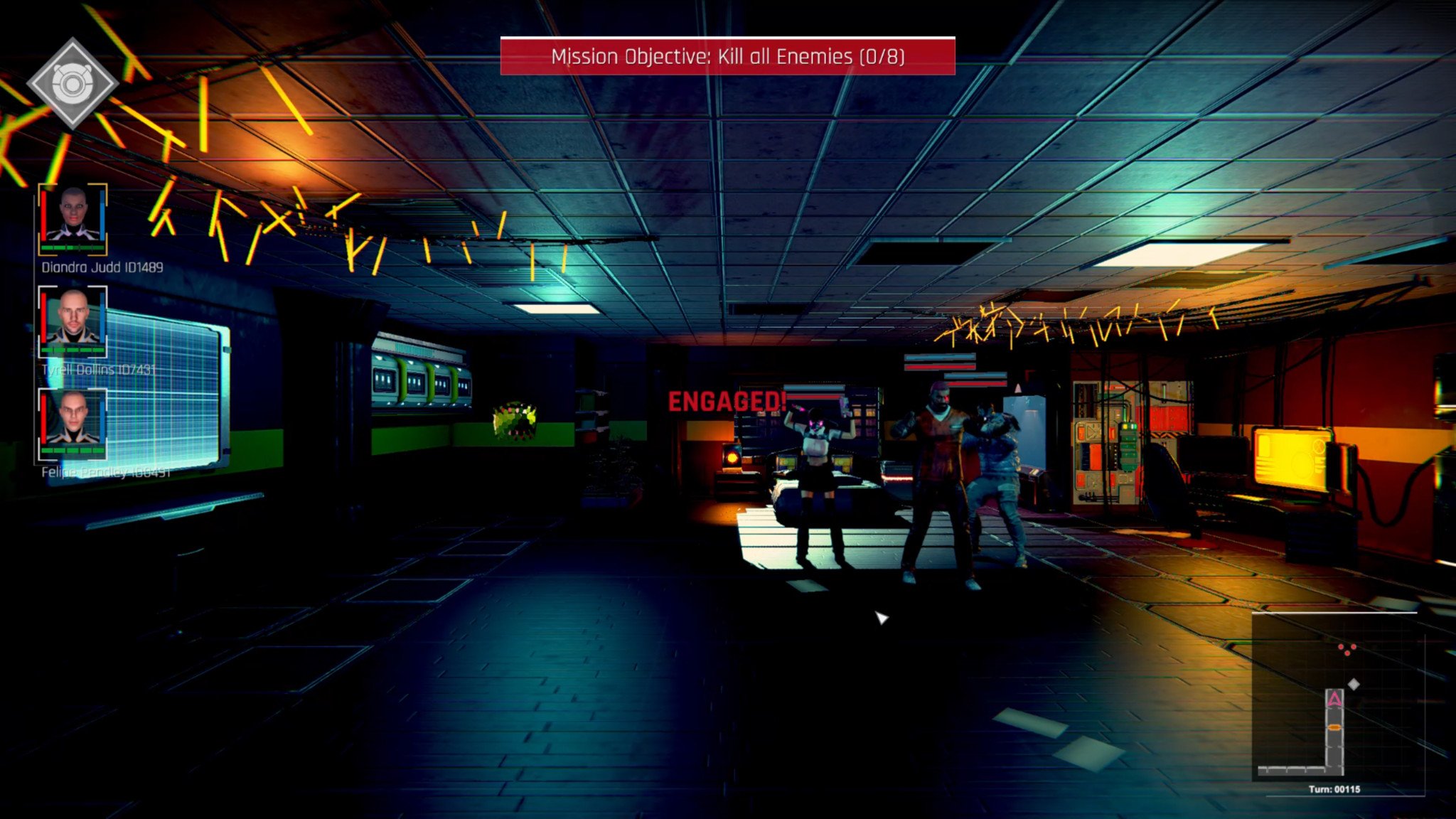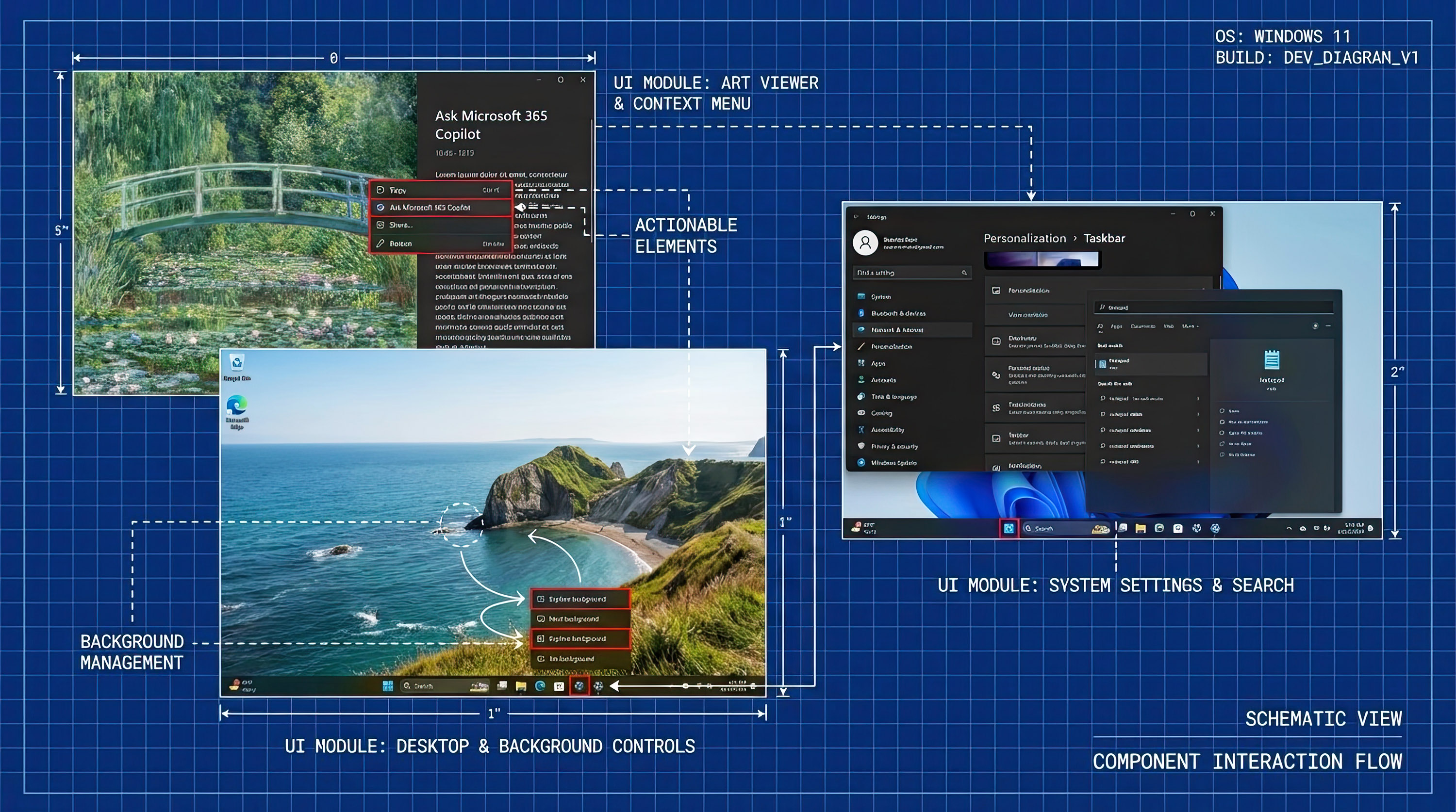Though the cyberpunk genre isn't new by any stretch of the imagination, a lot of eyes are on it thanks to the upcoming Cyberpunk 2077 from CD Projekt Red. While we impatiently wait for that, other game developers have capitalized on the interest to tell us different stories and set us on new adventures. One of my favorites to do this is Observer.
Here comes developer RuneHeads with a new spin on cyberpunk with Conglomerate 451, a — and bear with me here — procedurally-generated grid-style turn-based dungeon-crawler roguelike. Say that 5 times fast. Anyway, this game looks the part with neon, rain, and cybernetically-enhanced humanoids. But just because you put on the costume doesn't mean you'll act the part and that's where Conglomerate 451 fails to grip me.

Bottom line: While a visually beautiful game that checks all of the grungy, neon-bathed cyberpunk boxes, Conglomerate 451 fails to leave a lasting impression after the first couple of hours. The premise is interesting, the gameplay is fairly average, but something is missing.
Pros
- Visually gorgeous
- interesting spin on genre
- Strong first couple of hours
Cons
- Boring after some time
- Little incentive to try new things
- Uninspired gameplay
- Plot falls flat
What I liked about Conglomerate 451
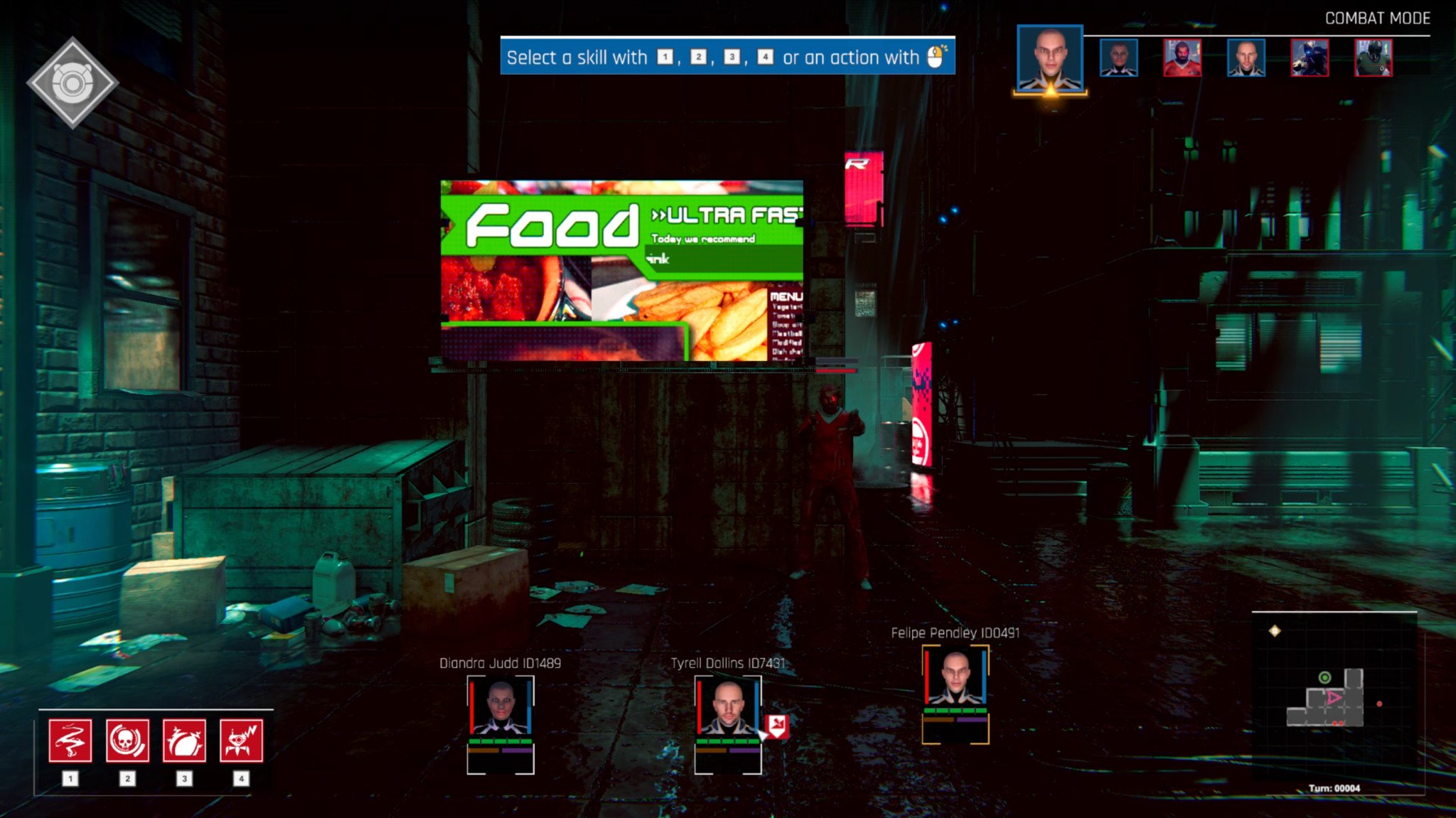
Let it be known that I love cyberpunk. From the day I saw Blade Runner and read Do Androids Dream of Electric Sheep to jumping aboard the Cyberpunk 2077 hype train, I've been all for the neon, rainy weather, technological dystopias, and the crushing hopelessness of capitalism gone awry.
Conglomerate 451, with its obvious nod to Fahrenheit 451 by Ray Bradbury, nails the cyberpunk look. Each environment checks every box, looking quite stunning in their bright and often wet glory. I really liked exploring these environments, wishing I could have more time to look around instead of following the set paths. When I did have the chance to explore, I had a great time checking out different rooms to find new loot.
Though Conglomerate 451 isn't my genre of game, I had fun for the first little while. While I've played other giants like Legends of Grimrock and XCOM, Conglomerate 451 seemed more appealing to me just for the aesthetic alone. I appreciate what RuneHeads crafted, though I wish there was more variety in the environments themselves.
Overall, Conglomerate 451 has a strong first couple of hours. The story takes place over the course of 75 weeks, a mission for each week. You play the director of a paramilitary organization that's been tasked with destabilizing the rogue corporations which have taken over the district 451 in the city of Conglomerate. Though the setting is a bit heavy-handed, unlike say the original Mirror's Edge, it's not bad, but no one will chalk it up as telling a groundbreaking story in the cyberpunk space.
What I didn't like about Conglomerate 451
Although the first few hours are fun while you explore all of the game's different systems, once you settle into the routine, Conglomerate 451 reveals its truly average nature. I'll explain.
All the latest news, reviews, and guides for Windows and Xbox diehards.
As the director, you're in charge of an impressive facility complete with extremely advanced technology, including the ability to instantly create clone soldiers. Each clone represents a different class with a set face and gender, so there's no customization beyond changing their names and the outline color around their portrait. Out in the world, these soldiers can suffer injuries that inflict debuffs or die a perma-death.
Once you find the best combination of clone agents to run, there's no incentive to try different builds, even when you factor in the different DNA mutations you can research or the cybernetics you find. Instead, you get into the pattern of what works best, aka your personal meta, and you're not likely to deviate from that. It leads to abject boredom, especially since there's little else besides the set design to keep you interested or entertained.
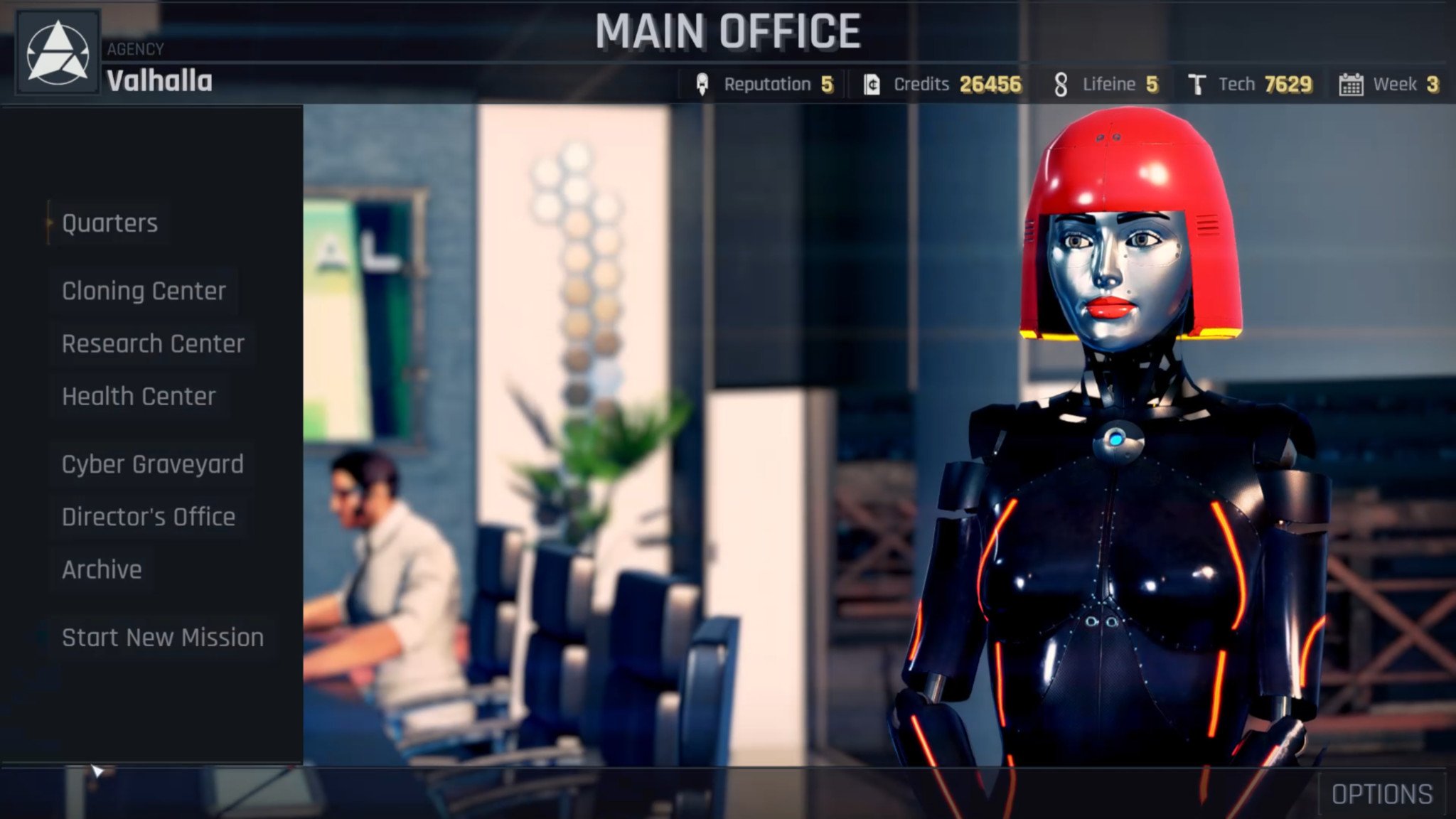
This leads me to what I disliked most about Conglomerate 451. The gameplay is, the best I can say, uninspired. There are plenty of other grid-style turn-based games, some of them roguelikes or featuring character perma-death. The obvious one that comes to mind is XCOM, and there's even Fire Emblem. I realize that the comparisons with the latter are slim at best, but it and XCOM are the first games that come to mind when you mention grid-style turn-based RPGs with perma-death. I digress.
This isn't to say that Conglomerate 451 plays poorly; in fact, it plays just fine. The point, however, is that it isn't anything revolutionary or remotely interesting. I suppose there are some that will find this to their liking, and you already know who you are. For me, Conglomerate 451 lost all of my interest by mission 6 and started to annoy me by mission 14.
There isn't any incentive to try different builds. You get into a pattern of what works best and you're not likely to deviate from that.
Finally, any cyberpunk story is a commentary on the dangers of letting technology and corporations (and sometimes governments) go too far. Some stories — whether they be book, film, or game — embody these elements without the neon and rain, but the core meaning remains. Unfortunately, Conglomerate 451 takes a surface-level and quite heavy-handed approach to its story. It constantly beats you over the head with "rogue corporations bad, technology dangerous," so even while you're enjoying the very aesthetically pleasing environments, you're always aware of those two things.
With such storytelling, you'd hope there's a payoff at the end. There isn't here. 75 weeks of in-game time and I can barely remember what happened. The missions themselves certainly don't stand out and are just plain tedious. The AI companion bot, whose snark is amusing at first, doesn't offer much in the way of world-building. Your role as director of this paramilitary organization feels hollow and inconsequential. Nothing in this game offers you the chance to put in any kind of personal investment.
Should you buy Conglomerate 451?
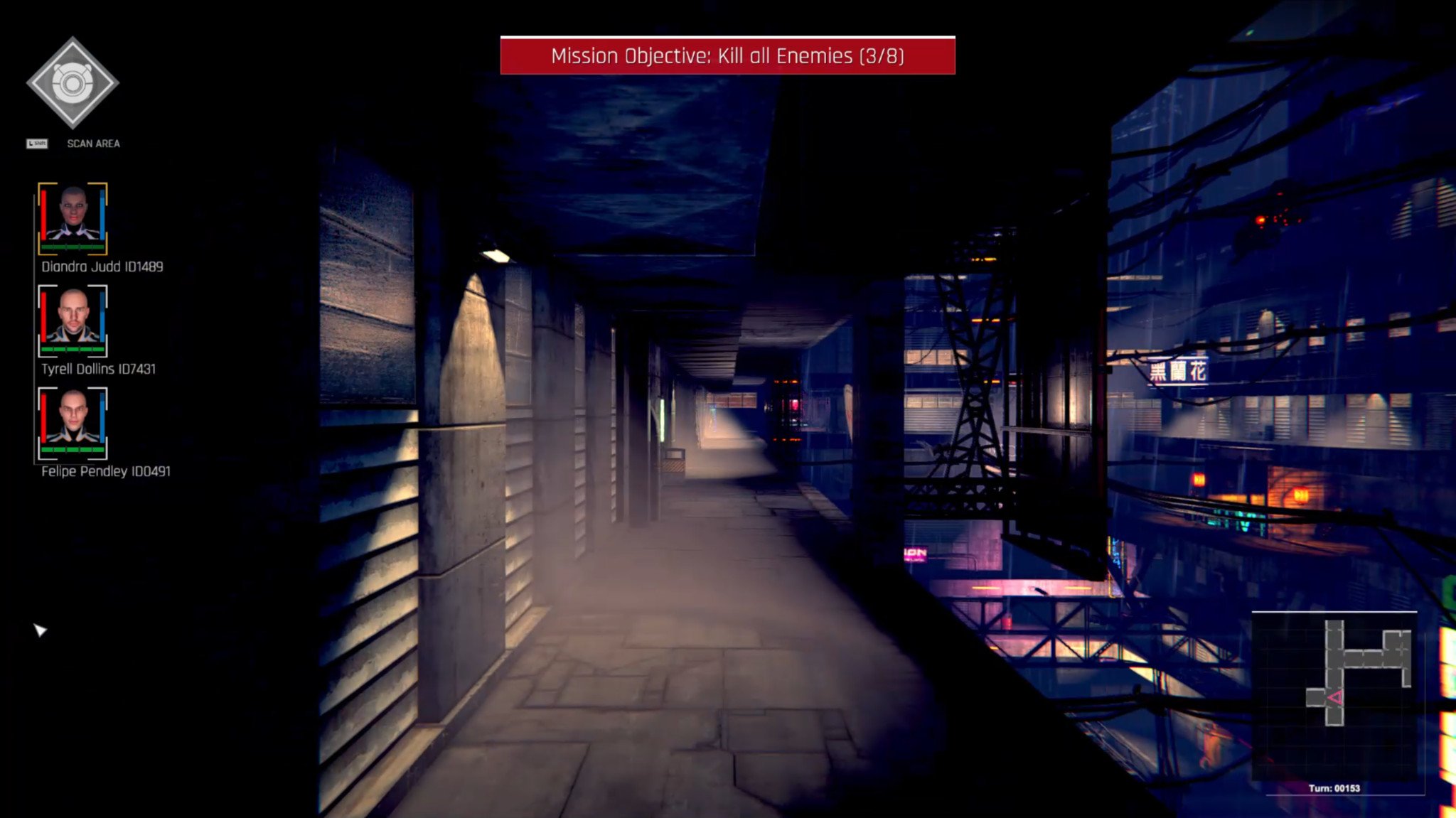
As much as I love cyberpunk and almost all things to do with it, I don't think Conglomerate 451 is worth your time. It's not a bad game, but it's boring, average, mediocre, insert-your-own-synonym-here. It wins a few extra points for the aesthetics and overall technical stability. Like I said, I loved how it looks; the art team at RuneHeads did an incredible job. The first few hours of the game pull you into the world, leaving you in awe and excitement for what's to come.
Which is where Conglomerate 451 falls flat on its face. It picks itself back up somewhat, but it never fully recovers. With bland and listless missions, a lack of incentive to try new team compositions, and a letdown of a story, this game doesn't bear the cyberpunk torch well. Sure, it nails the visual elements, but it lacks any weight.
My lack of interest in this type of game aside, I wanted to like Conglomerate 451. Not only am I a firm supporter of indie titles, but I also enjoy seeing developers try new things or put interesting twists on something we've already seen before. Sadly, I can't say I'd recommend this one to my other cyberpunk-loving friends and acquaintances unless they also really like this type of gameplay. If that sounds like you, then have at it.

An average experience
Conglomerate 451 promises an exciting cyberpunk dungeon-crawling adventure and it sure delivers on the visual front. But uninspired gameplay, drab missions, and overall sense of averageness bring it down — it's saved only by its aesthetic appeal and technical stability, both of which are to be commended.

Jordan is a long-time gamer and PC hardware enthusiast. From the mid-90s on, he has constantly tinkered with computers and played every game he could get his hands on. Coming from a varied background, he found his passion in writing about Android in 2016, which also launched his writing career not long after. Now, Jordan is an avid gamer who just loves sitting down with tea or a glass of cold water to play whatever game has his attention (or he's reviewing), and he's lucky enough to make a living out of doing so. You can find him on Twitter if you want to chat: @jccpalmer.
